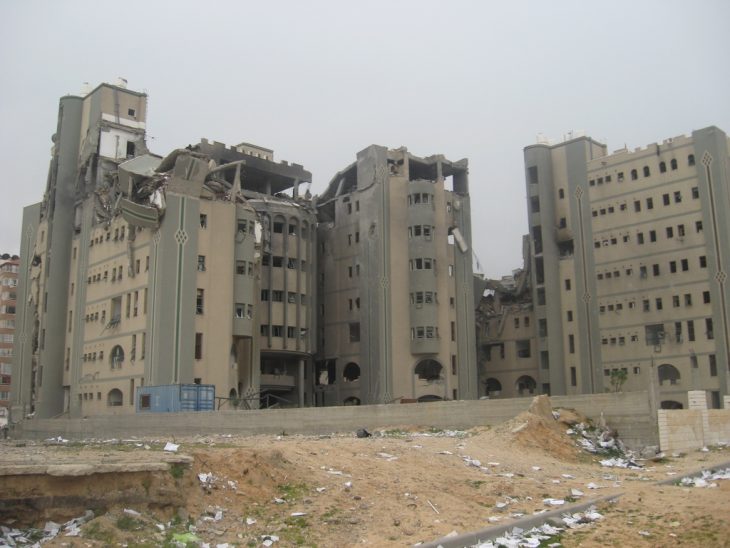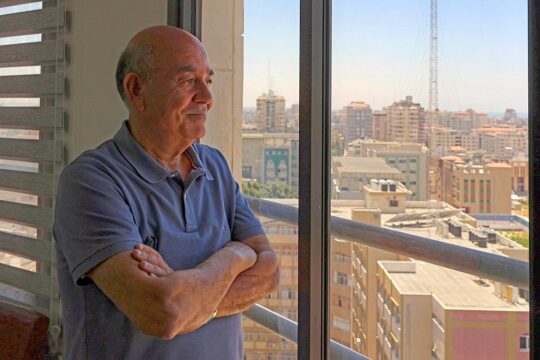In becoming a member of the International Criminal Court (ICC) this past April, the Palestinian Authority intends to pursue its policy of isolating the Israeli state. How better to achieve this than to watch what is perhaps the highest international jurisdiction pursue the political and military Israeli leaders? One hypothesis that troubles the Netanyahu government, and for good reason, is that the West Bank settlements represent a serious violation of international law. There is also the fear of being convicted of war crimes for indiscriminate bombing. At the time of the conflict between Hamas and the Israeli state last summer, Israeli shooting in Gaza had killed a thousand civilians, including more than two hundred children, razed neighborhoods and destroyed a large part of its infrastructure. The manner in which the Court takes up the question of disproportionate use of force, which may represent a war crime, will have repercussions far beyond the Middle East.
This directly affects those NATO troops who have recently been or are currently deployed in numerous conflicts, including Iraq, Afghanistan, Libya, Mali, the Central African Republic, and no doubt before long in yet other situations. Like the Israeli forces in Gaza, NATO troops have faced and will face armed groups that strike and then hide among the local people, sometimes using them as shields. This recalls the battle of Fallujah, fought by the American army in 2004. There, as in other places, conventional troops faced armed groups who did not consider themselves bound by the rules of international law and were not concerned about being convicted, not to mention ISIS, which posts videos boasting of acts that are both war crimes and crimes against humanity. Let us remember the war in Algeria and the famous phrase of Larbi Ben M’Hidi, emblematic figure of the war for independence, who justified blind attacks against the civil population in public places: “Give us your planes and we will give you our coffins” (bombs were often hidden in strollers). In a similar way, Hamas justifies in the name of disproportion of forces the hundreds of rockets it launches on the civilian populations of Israeli cities.
There is a major difference with the war in Algeria. Unlike today, no one at the time risked being pursued by international criminal courts or accused of being war criminals. Since then, the challenge that confronts NATO’s conventional troops who maintain that they fight “for democracy and against terrorism”, is to use their fire-power without in so doing crossing the boundaries of war law. To limit risks, the American army has started to turn to its lawyers in order to determine the legality of its targets. At the same time, for many years growing attention has been given within military circles to “legal risk”. As for the Israeli Army, it has used the situation in order to find new solidarities. It is within this context that this past February the Advocate General of the Israeli Army, Danny Efroni, organized a conference with high-ranking military figures from 14 countries in order to discuss international law and the methods of the “anti-terrorist struggle”.







